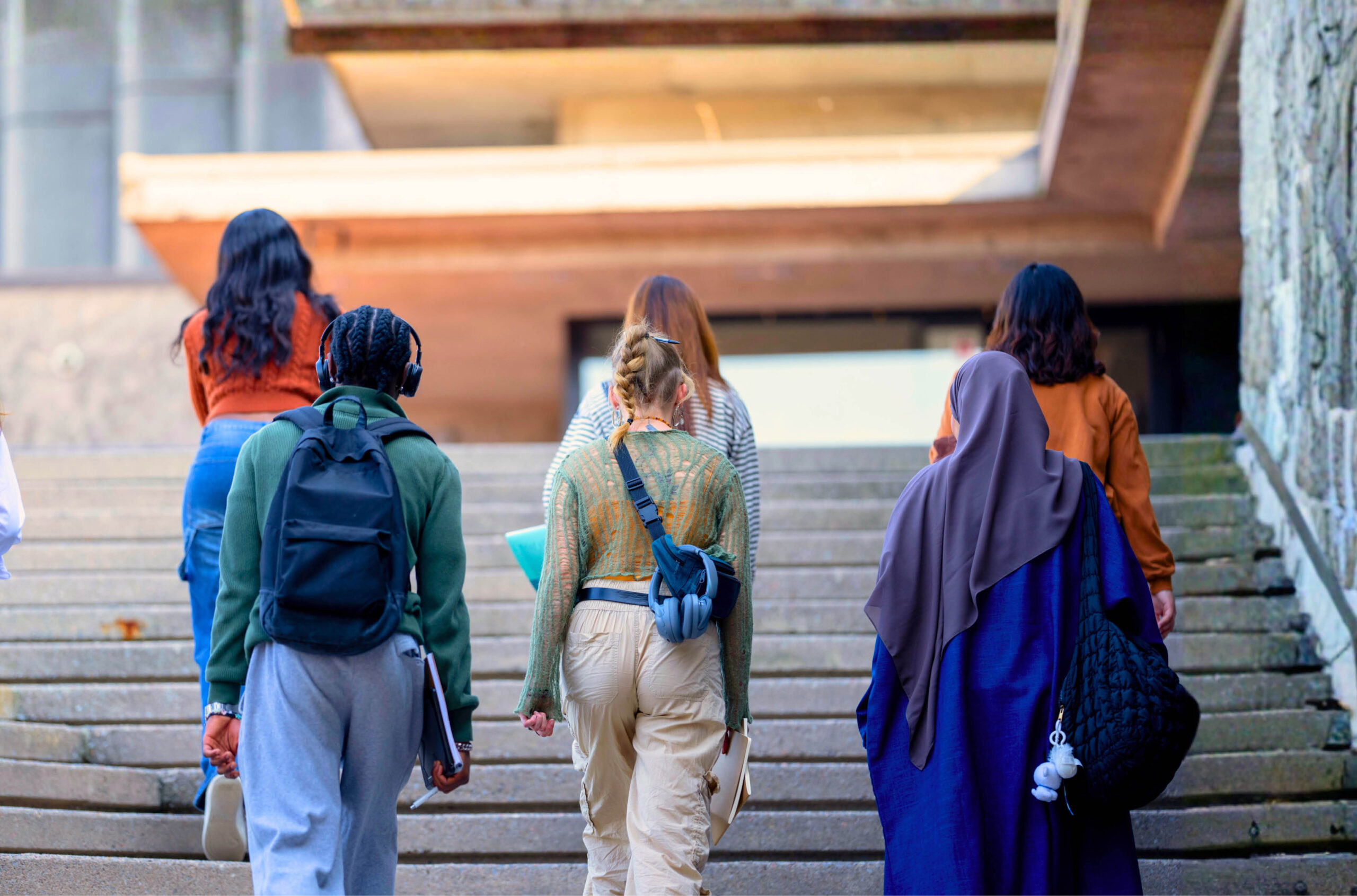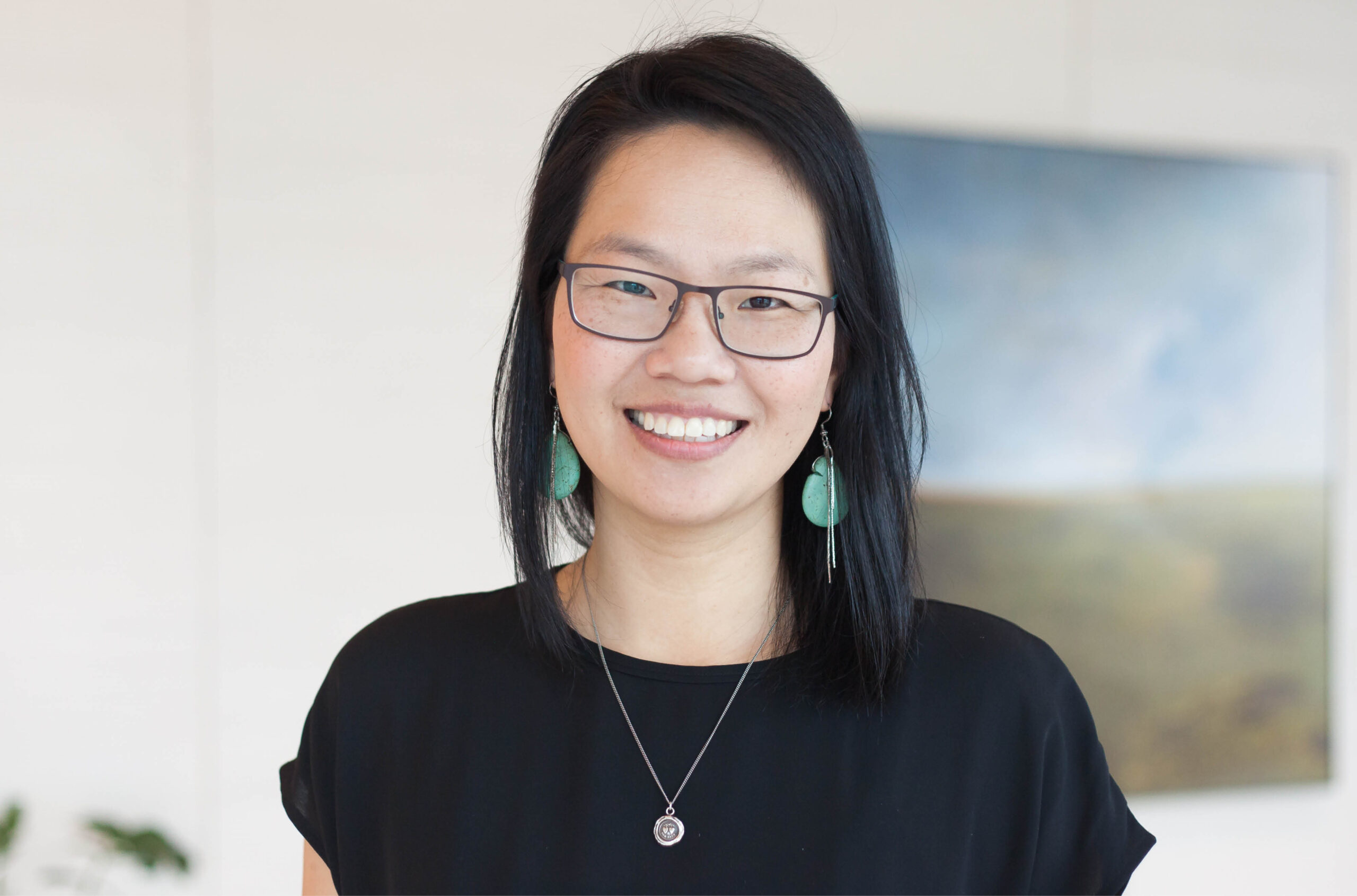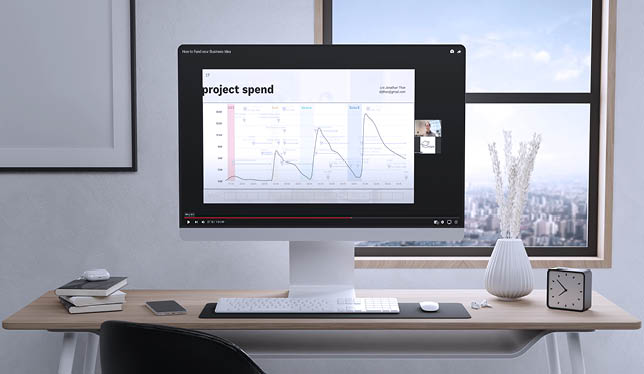Finding good papers in the age of social media and reduced travel
It is incumbent on scientists to make sure that the ‘loudest’ research isn’t the only stuff we read.

Between raising two children under the age of five, weathering a pandemic and becoming increasingly motivated to reduce my carbon footprint, I have travelled a huge amount less than normal over the past two years. Concomitant with this, the ways in which research findings are communicated has changed with the rise of social media, preprint servers and the suite of metrics to evaluate science and scientists. The landscape has completely shifted and, perhaps unsurprisingly, we’ve all had to shift too.
At the end of the day, as a scientific group leader, I need to know what research is happening in my field in order to ensure that we are at the top of our game. It turns out I used to collect a huge amount of this information by interacting with other scientists at academic meetings or visits to their institutions. In the early stages of the pandemic, I did not appreciate how much I was missing out on, since family life was busy and the lab’s priorities were to eke out research at a slightly-less-than-glacial pace. To try and fill the gap, I turned to the internet – pubmed searches, journal browsing, bioRxiv, etc. – and also began to be drip-fed science through social media and email digests.
What I was missing, however, was the filtering that occurs between a trusted network of colleagues. Pre-pandemic, I would engage with someone I’ve known for years to get their latest and greatest in a 15 to 20-minute chat. But I now had to find an independent way to sift the important from the not so important (or just plain terrible).
Netflix versus live television
One of the most direct ways to catch up on the literature was to engage with more of it. The number of papers I have read in the last 18 months has begun to rival the days of my PhD. This has its benefits and has been quite enjoyable, but it is wickedly inefficient for trying to move beyond exactly what I know I must look out for. Basically, I binge watch my favourite programs. The process completely lacks the spontaneity of the type of passive interaction such as a person giving the talk after the person you came to see at a conference (i.e., the live television equivalent of my favourite program is over but now something else has started). What do you do when you finish reading a paper? The best I’ve come up with is to send it along to people I think will also be interested and hope to start a conversation.
(Academic journals should also take note – there is a huge opportunity to create the equivalent of a “You might also like” section alongside papers in your journal.)
Larger-scale sharing
Of course, the extreme version of sharing a paper with a colleague is to share papers with the entire world (i.e., on Twitter), and this is a path that many scientists have chosen to follow, especially in the COVID-19 world. This can be really powerful, especially if you find the people that are genuinely trying to share the most interesting papers in their sphere, but it has come at the price of two mildly insidious behaviours: 1) blinkered viewpoints, and 2) shameless self-promotion. The first highlights a problem that is familiar in political circles. It’s the sort of echo chamber that results in Democrats not being able to be friends with Republicans. If we surround ourselves with information coming exclusively from within our research fields, we only find out about that information and attribute more value to it because it has come from people who think in a similar way to us. This can lead to severely blinkered views of science.
The second issue of self-promotion comes in the forms of “Tweetorials,” strategic engagement with field influencers, and generally sycophantic behaviour. If someone shares their recent paper in Nature and within three minutes a fleet of people have replied with “Amazing work, what a heroic effort!” they’ve obviously not read the paper and may not have even read the title. Very few people say “that’s great for your career, but it seems the data could be interpreted in this very different way” (or worse…). Twitter has become a funny place, but I cannot argue with its efficiency when it comes to sharing recent papers. I just worry about what we’re not reading as a result.
Building resilience in young researchers
On top of all this, Twitter is an awful place to go when your research isn’t doing so well relative to others. Because you can almost guarantee that someone else’s Cell, Science, or Nature paper is doing the rounds and it’s easy to feel like you are constantly failing by comparison. It seems somebody is always doing better at this exact moment. The problem is that we don’t track them the other 364 days of the year, when they are potentially the ones feeling not so great about their own career. As a side note, I feel like personal resilience amidst this sort of research bombardment is something we as group leaders have a major responsibility to instil in early career researchers. Every single group leader you have ever met has had difficult times where they’ve had rejections, been scooped, or had months to years of nothing working. Getting through those times with side projects, collaborations and supportive colleagues is critical.
Finding all the good papers
So, how do you go about finding the relevant papers outside of the ones thrust in front of your face? It’s hard to recommend a single solution, and inevitably we need multiple sources to capture everything. For me, I’ve benefitted from a return to scheduled email alerts of key search term for papers in my field. I’ve also begun to read email digests that try to report on the week in biomedical science. Outside of this, I schedule a weekly lunch chat over Zoom with colleagues from Cambridge and London to catch up on science, and quarterly group meetings with international collaborators from Japan, Europe and America. The latter meetings, I hope, are beneficial to my group members who are also starved of regular science updates from trusted colleagues. There is no doubt in my mind that some of these habits will slip away when we can visit one another more frequently in person, but I’m not sure any of us will ever return to the sorts of travel schedules we once had. This is probably a good thing overall, but it is incumbent on scientists to make sure that the “loudest” research isn’t the only stuff we read.
Featured Jobs
- Biochemistry, Microbiology and Bioinformatics - Faculty Position (Microbial Systems Biology, Omics Data Analysis)Université Laval
- Psychology - Assistant Professor (Quantitative Methods / Data Science)MacEwan University
- Law - Assistant or Associate Professor (International Economic Law)Queen's University
- Psychology - Assistant ProfessorSt. Jerome's University
- Director and Stauffer-Dunning Chair, School of Policy Studies - Associate or Full ProfessorQueen's University















Post a comment
University Affairs moderates all comments according to the following guidelines. If approved, comments generally appear within one business day. We may republish particularly insightful remarks in our print edition or elsewhere.